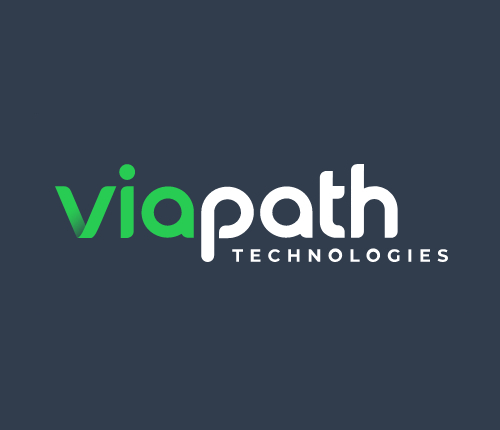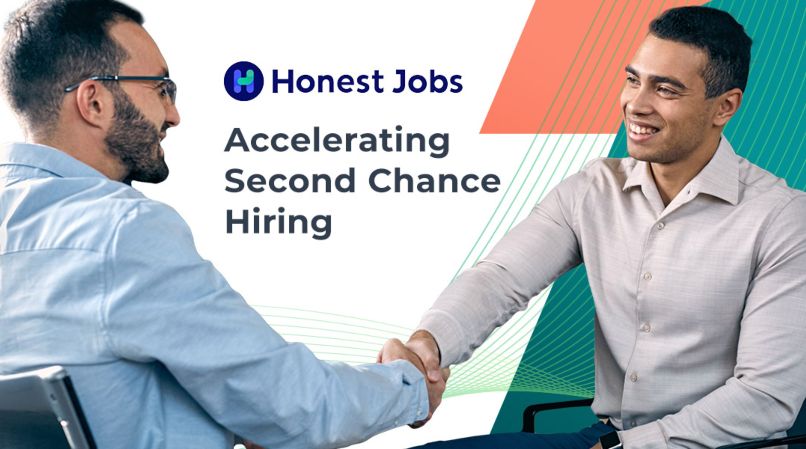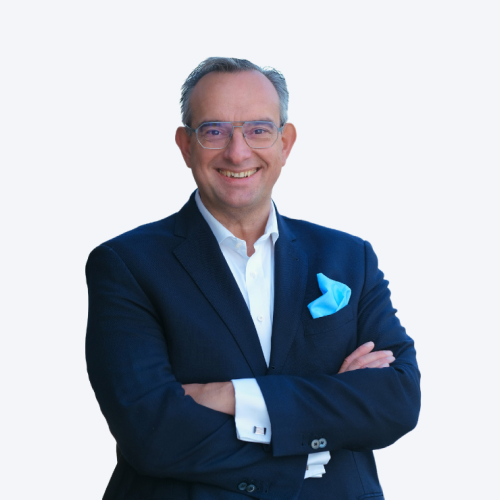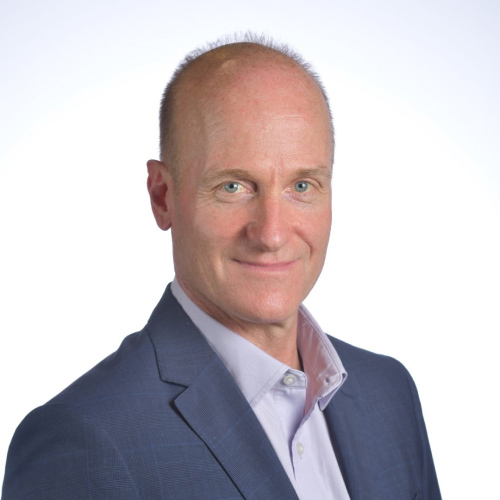
An inspiring look at the projects and contributions of leaders in the Justice sector
Guest
Deb Alderson
CEO, ViaPath Technologies
Deb Alderson has been the CEO of ViaPath Technologies since April 2018. Having served in leadership positions in the defence and intelligence technology sector for over 25 years, her business achievements have been recognised by several organisations and industry associations.
At ViaPath, she has focused on building a company culture that provides opportunities and support for incarcerated individuals’ reintegration into society.
With a mission to break the cycle of incarceration through transformative technology and services, ViaPath Technologies is a leader in the corrections industry. The company’s comprehensive technology solutions include providing incarcerated individuals the opportunity to remain connected to their support systems, and access to education to enhance personal outcomes both during incarceration and post-release.
ViaPath also supplies law enforcement resources and secure tools to promote safer and more efficient correctional institutions.
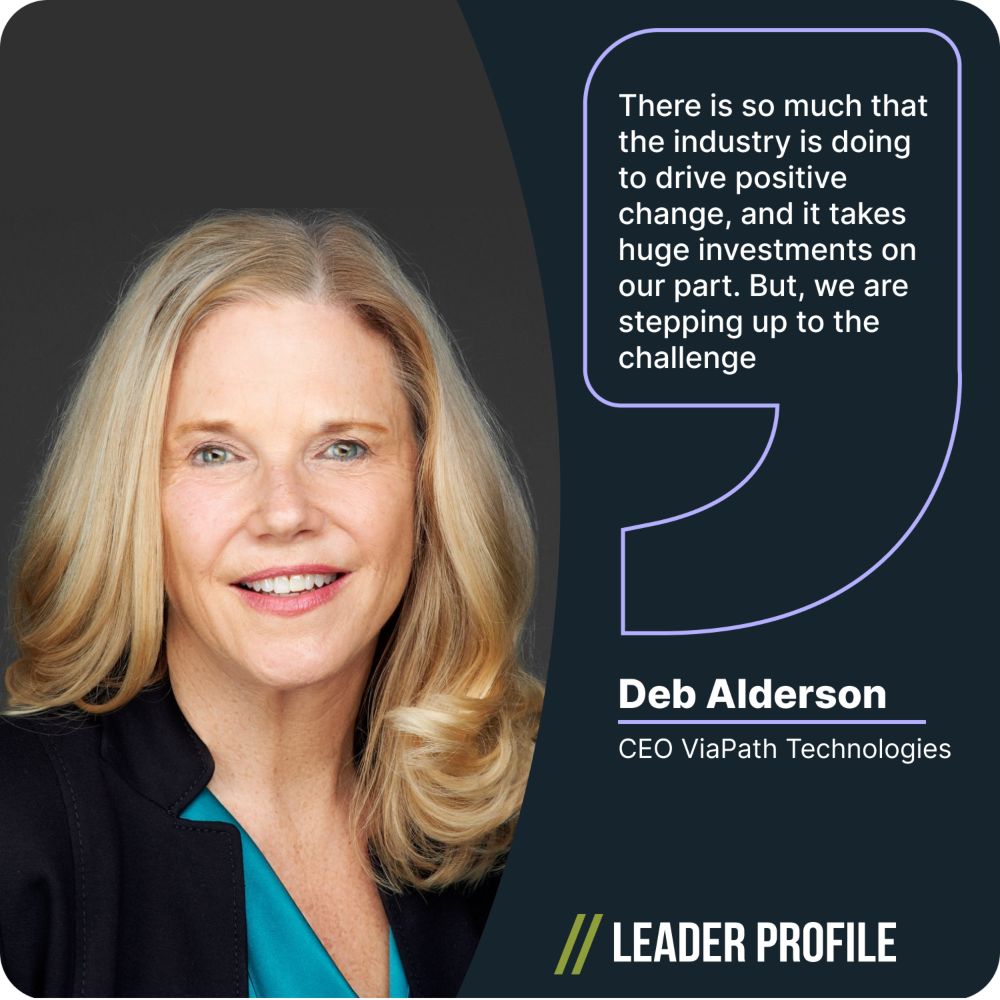
This is a multimedia interview
Can you tell us more about yourself and your passion for innovative technology? What brought you to the corrections industry?
Redefining the mission: Driving value and saving lives
Deb Alderson: I initially started more in the field of defence and intelligence, supporting the Navy, and then expanded into the intelligence space. It was in this sector that my career progressed from overseeing large segments to running companies.
Throughout my career, I’ve always been deeply passionate about the mission, and being part of mission-focused organisations made me realize that I could drive value through technology and potentially save lives with the services we provided. This was especially evident in the intelligence space, where our technology could do things such as help combat human trafficking and support the government in identifying the bad players.
When in 2017 the intelligence company I was running was acquired, I had the opportunity to sit back and reflect on what I wanted to do next. Due to non-competes and non-solicits, I couldn’t be hired in defence or intelligence. And I was okay with that because it allowed me to take the time to work on my personal mission, helping those in need, focusing on affordable housing, the homeless, and the opioid epidemic.
Then I got a phone call from a headhunting firm that informed me about a company called GTL that was looking for a CEO. They assumed I hadn’t heard of GTL, but I actually had. I had used their services because my nephew had been incarcerated due to drug issues.
It was using their services that I became a staunch advocate for facilitating impactful engagement and communication between incarcerated individuals and their loved ones.
I went to New York for the interview, and I consulted with my nephew, who had gotten released, to help me prepare. He educated me about the challenges he faced to use these services even though I funded his account so he could talk to his mother and grandmother. He would have to wait in lines to use a wall phone or even deal with gang members controlling access to the phones. His input helped me prepare for the interview, and fortunately, I was chosen for the position, joining the company at the beginning of 2018.
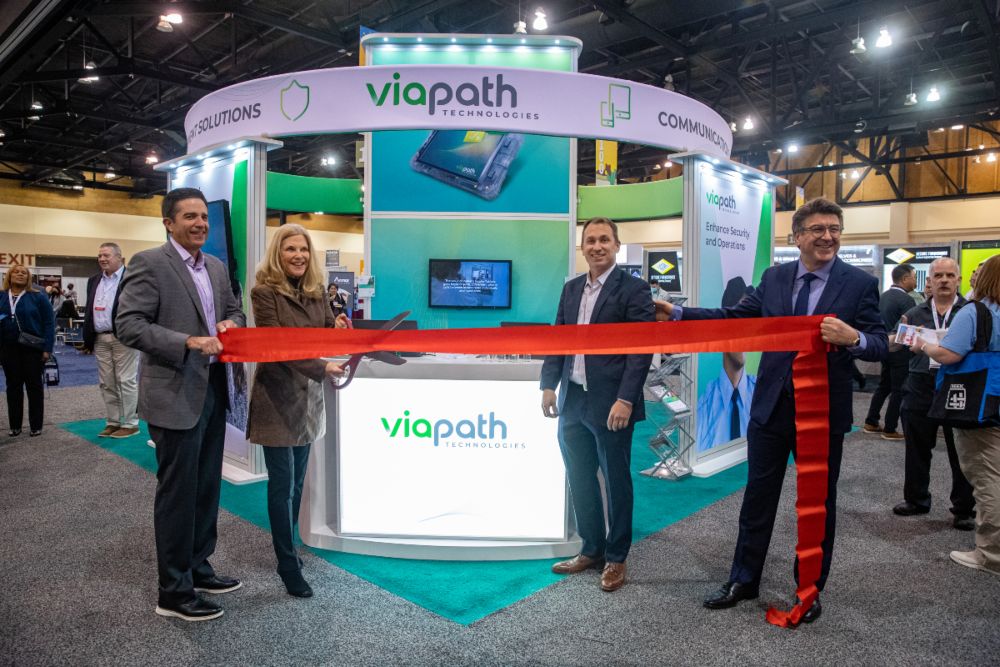
Being part of mission-focused organisations made me realize that I could drive value through technology and potentially save lives with the services we provided.
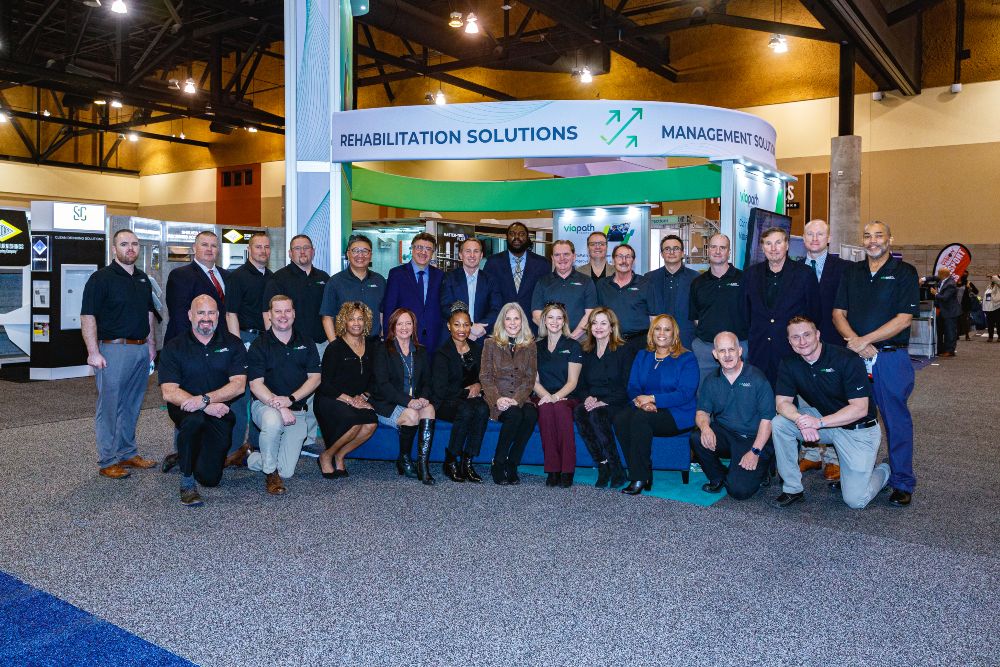
DA: When I arrived, one of the first things I asked for was the mission statement, as I had grown accustomed to working with one. And the mission statement simply stated “Double revenue.” I firmly believed that the company had the potential to make a real difference in people’s lives, create a safe environment for the officers, and assist the friends and family group I had been a part of. How could I accept a mission statement that simply stated that?
With the help of the people I talked to here at the company, we drafted a new mission statement. This statement focuses on our stakeholders, and I don’t mean stakeholders in terms of the private equity firm that owns us. I’m referring to the stakeholders whose lives are genuinely impacted by our work.
Firstly, we aim to create a safe environment for officers, whether in the US or internationally. Secondly, we want to ensure that incarcerated individuals have impactful engagement with their loved ones and that they have the resources to support their rehabilitation. The third stakeholder is the family and friends themselves. Recently, we have placed increased focus on our fourth stakeholder, formerly incarcerated individuals and their successful reintegration as returning citizens.
Can you tell us more about the change that the company went through, embracing the importance of rehabilitation and reintegration?
A journey from advocacy to action
DA: When I first joined the company, many people came into my office saying we should change the name of the company. However, I believe you have to earn the right to rebrand. So, I devoted the first two and a half years here making sure we were walking the talk. The people who worked for ViaPath Technologies always believed in this mission. It was just not where we were leading them to.
Once I was comfortable that we had demonstrated our commitment to this mission – that we had driven our phone rates down, even lower than the caps enforced by the FCC, that we were offering free phone calls and free video visitation, loaded the tablets with free educational and mental health content, and expanded our efforts to include job training and placement – then I was ready to rebrand.
So that’s how we became ViaPath Technologies. And I feel very comfortable with the change as I believe in what we are doing. Our rebranding was not an attempt to run away from advocacy groups, because you can never do that. We can’t reform the whole prison system, but we can make sure that people are treated with dignity and respect, and that those who have served their time are afforded a second chance.
I also want a safe environment for those who are incarcerated because there are indeed dangerous individuals within correctional facilities. The idea of my nephew, who is not a dangerous person, being placed alongside such individuals is what truly concerns me. If our tablets can contribute to protecting people like him, that’s what I want to focus on.
We can't reform the whole prison system, but we can make sure that people are treated with dignity and respect, and that those who have served their time are afforded a second chance.
What barriers present the greatest challenges to the implementation of new solutions?
Building trust through secure technology
What are ViaPath’s priorities at this point?
Supporting returning citizens and their networks
DA: As I mentioned when discussing the fourth stakeholder, which is the returning citizen, we are currently making significant investments to ensure that everything we provide to individuals while they are incarcerated remains accessible to them once they are released.
We are working on a release app that can support individuals leaving prison, facilitating processes such as renewing their driver’s license or obtaining Medicare. We also want to make sure that this app provides information not only about what they did while they were incarcerated, such as job training and education certificates, but that they can continue their education or any coursework once they’re released.
During my time in defence, I was involved with onboarding for veterans. When hiring a veteran, it was crucial to consider factors like potential PTSD and provide tailored onboarding processes and appropriate office placements.
Similarly, returning citizens face unique challenges, which employers should be mindful of during the interview process. Perhaps they are going to need more time to understand the health care benefits that you are providing. Maybe they need help with affordable housing, transportation, or other things that may not typically arise in standard employee interviews.
We are working with the Virginia Fairfax Chamber of Commerce to increase awareness and education on serving this underserved community and appreciating their potential once they have fulfilled their obligations. I am very excited about how our technology can help here.
Another thing we are focusing on is extending our services to friends and family members. They will be able to utilise our release app to access courses or support activities that aid in the reintegration process.
How do you measure success within ViaPath’s new company culture? What are the company’s plans to achieve change in the sector?
Investing in positive change
There is so much that the industry is doing to drive positive change, and it takes huge investments on our part. But, we are stepping up to the challenge.
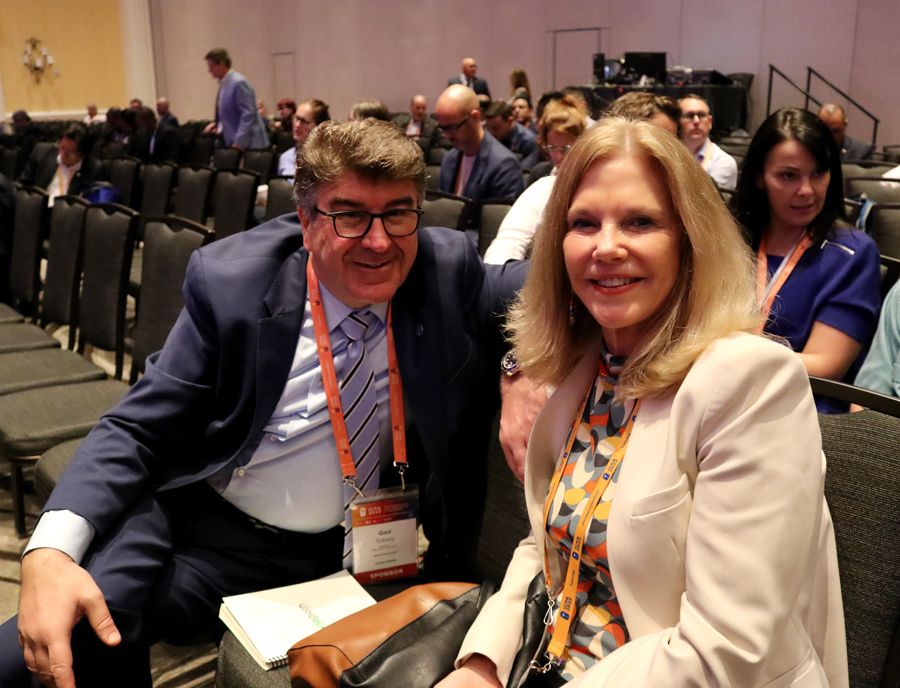
DA: It is essential to educate people about the genuine value that industry partners can provide. I acknowledge that some might still have that “Double revenue” mission statement, but that is not ours anymore.
And I really appreciate the support and knowledge I have gained through organisations like the Correctional Leaders Association and the International Corrections and Prisons Association. Participating in meetings and fostering partnerships has been invaluable. I think we can learn a lot as we take a global look at this industry.
Justice Technology Insights from ViaPath Technologies
